Why it pays to be a more conscious traveller
Small travel changes can leave a long-lasting impression, and you can start long before you even take off.
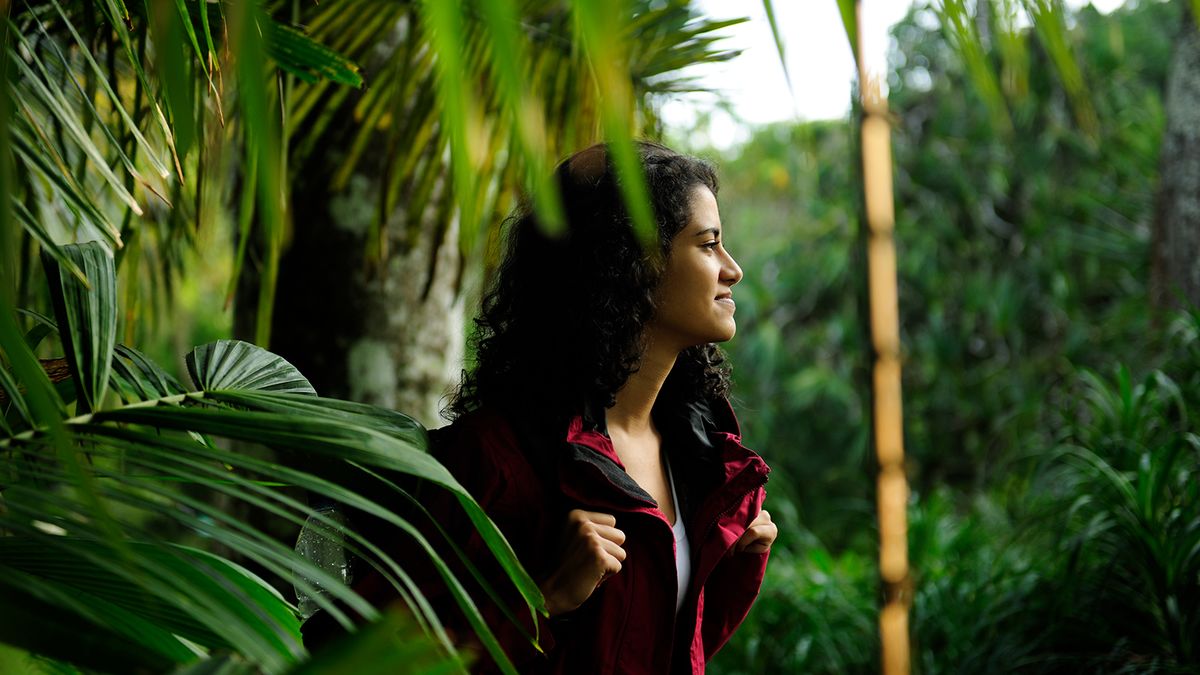
Green is now the new black on the global stage, with people increasingly aware of our impact on the planet, both at home and when we travel.
To that end, there’s a growing shift towards making more sustainable travel choices, and getting started is easier than you may think.
‘Conscious travel’ is about mindfulness, knowing the decisions we make – changes big and small – all have a cumulative effect on the planet. They could be as easy as walking instead of taking the bus or choosing to offset the carbon emissions of your flight.
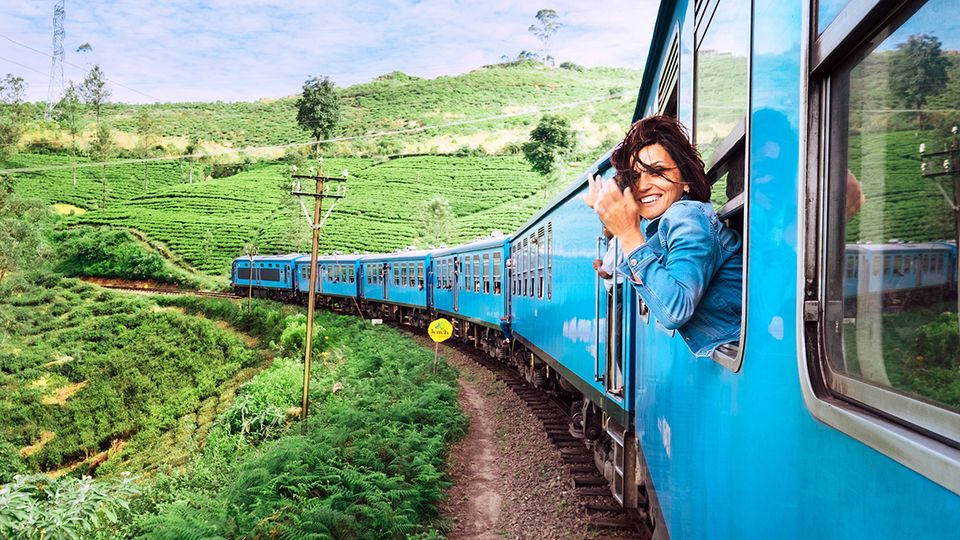
It’s not just travellers getting involved either. Qantas is investing heavily in this space too.
The airline’s newly-launched Green Tier – designed to sit alongside its existing Bronze, Silver, Gold and Platinum frequent flyer tiers – is just one of the ways it’s working to reshape travel in the future, encouraging members to think green and rewarding them in the process.
More than 100,000 Qantas Frequent Flyers are already on their journey towards Green Tier and unlocking rewards such as bonus Qantas Points or Status Credits.
They’re doing this through simple actions like flying carbon neutral, giving back to charitable projects including OzHarvest and the Great Barrier Reef Foundation, or purchasing solar panels for their home.
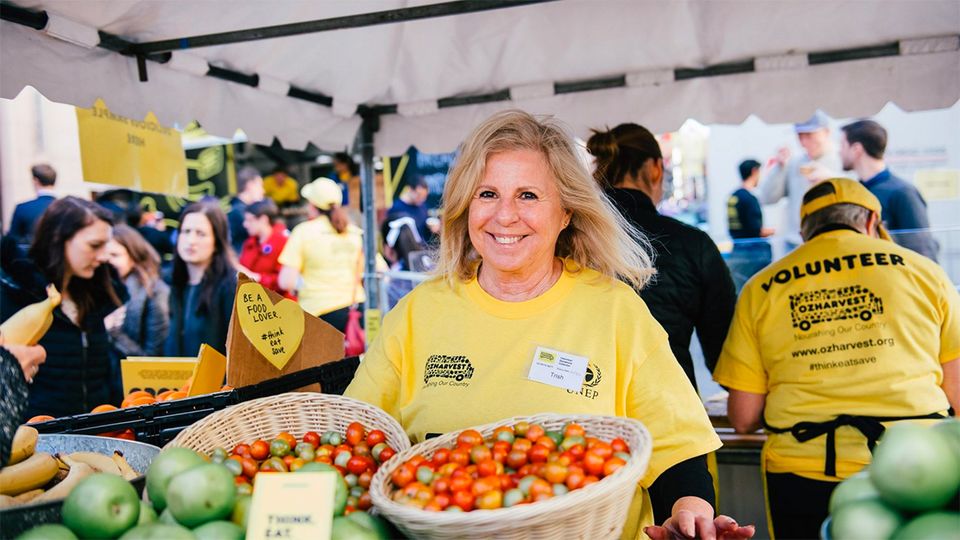
To unlock Green Tier, you just need to complete tasks in five of six categories promoting sustainability, ranging from giving back to understanding your environmental impact.
On top of that, Qantas recently unveiled a ground-breaking USD$200 million joint initiative with Airbus to establish a sustainable aviation fuel (SAF) industry right here in Australia.
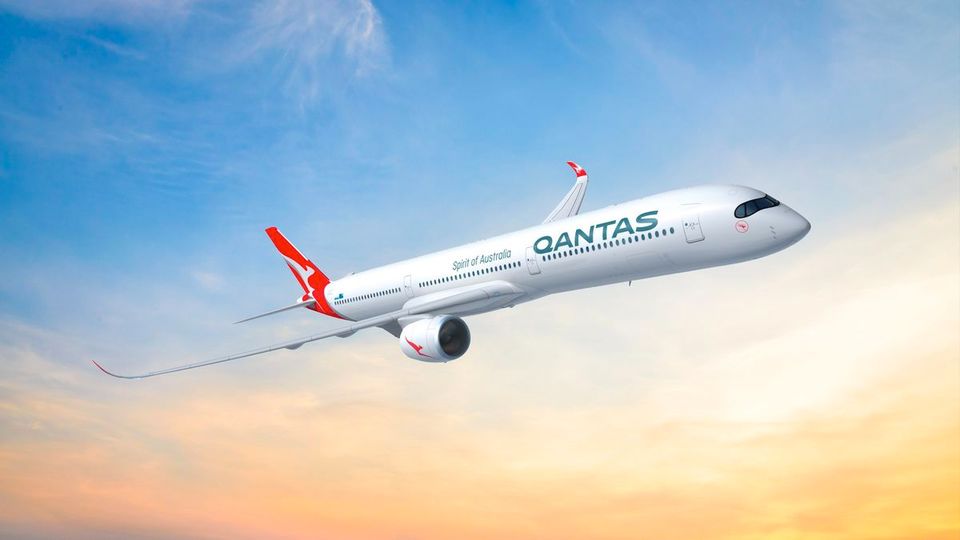
Sustainable aviation fuel cuts greenhouse gas emissions by around 80% compared to traditional kerosene, and it’s being adopted by airlines around the world, including the Red Roo, which has committed to using 10% SAF in its overall mix by the end of the decade.
Beyond this, there are other simple ways to become a conscious traveller, such as:
Choosing tour companies that give back
Free exploration is a wonderful way to see a destination, but so too is joining a local tour. After all, locals live and breathe a destination, and can often reveal fascinating insights that enhance your experience and understanding of a location’s history, people and culture.
If you do choose a tour, consider one that gives back to locals in some way, whether it’s contributing to an educational fund, planting trees, or donating meals to those in need.
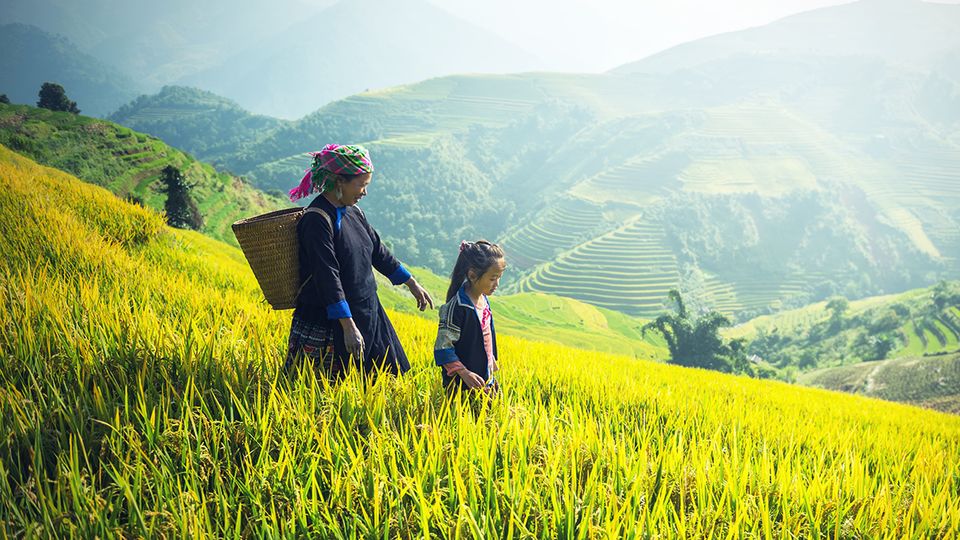
Avoiding single-use items where possible
More than simply a slogan taught in schools, reducing and reusing on the road helps to lessen the number of single-use items that end up in landfills. In turn, this helps to alleviate issues that often arise in destinations which lack sufficient infrastructure to cope with waste.
Taking a reusable water bottle and refilling it at the hotel if water is safe to drink, or using a filter water bottle that removes nasties from drinking water when it’s not, is just one way to do this.
Others include using package-free soaps and shampoos.
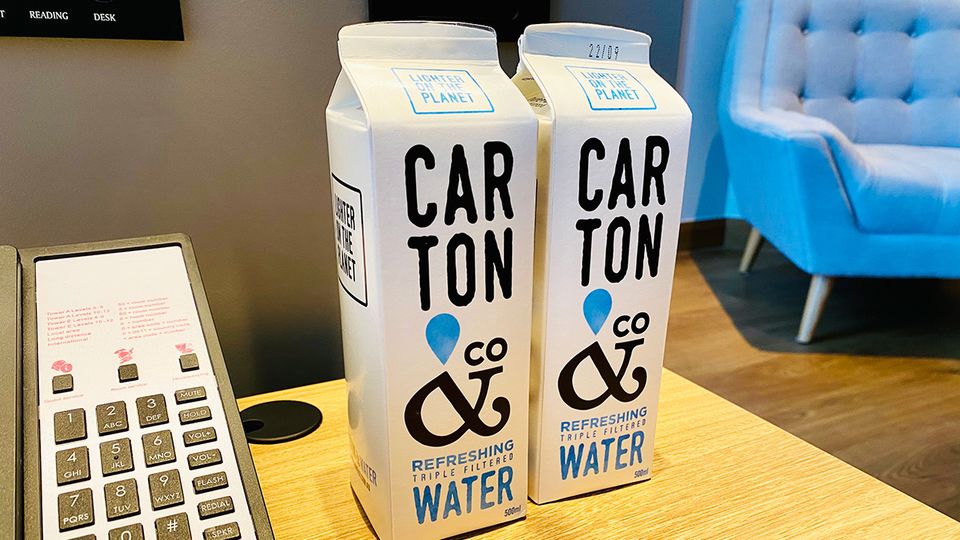
Offsetting your flights
One of the quickest ways to make a conscious change in your travel habits and make a positive impact on the planet is choosing to Fly Carbon Neutral. Plus, for every $1 you spend on carbon offsetting, you’ll earn 10 Qantas Points, with the airline also matching your contribution.
It’s as easy as checking a box when you purchase your flight with Qantas, with your contribution going to accredited projects including the Babinda Reef Project near Cairns.
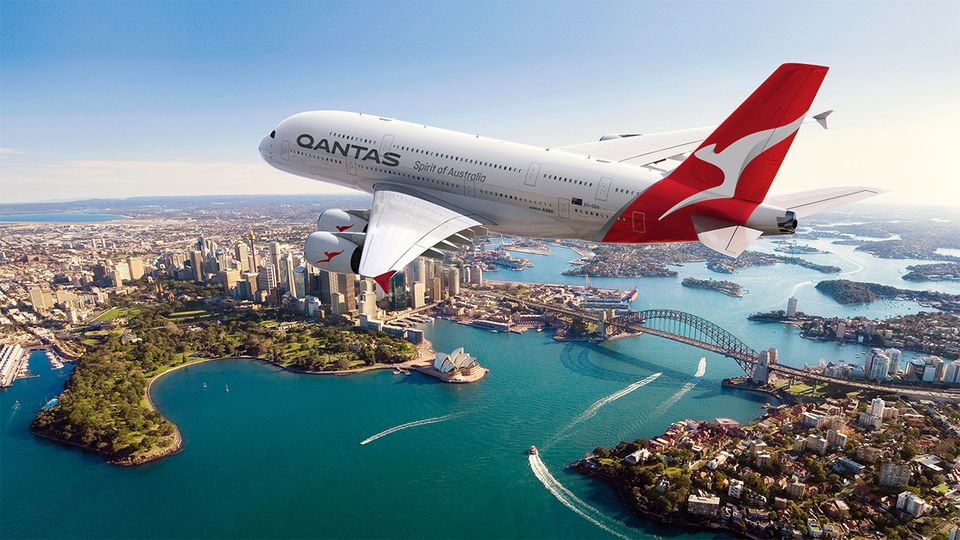
Staying in an eco-accredited hotel
With hundreds of rooms, thousands of lights, and restaurants constantly plating up dishes for guests, hotels often have a significant footprint. However, if you stay at an eco-accredited hotel, it means you’re supporting a hotel that’s actively taken steps to reduce their impact.
This could include using efficient and renewable energy sources, ethically sourcing food, improving wastewater management, or eliminating single-use items throughout the hotel.
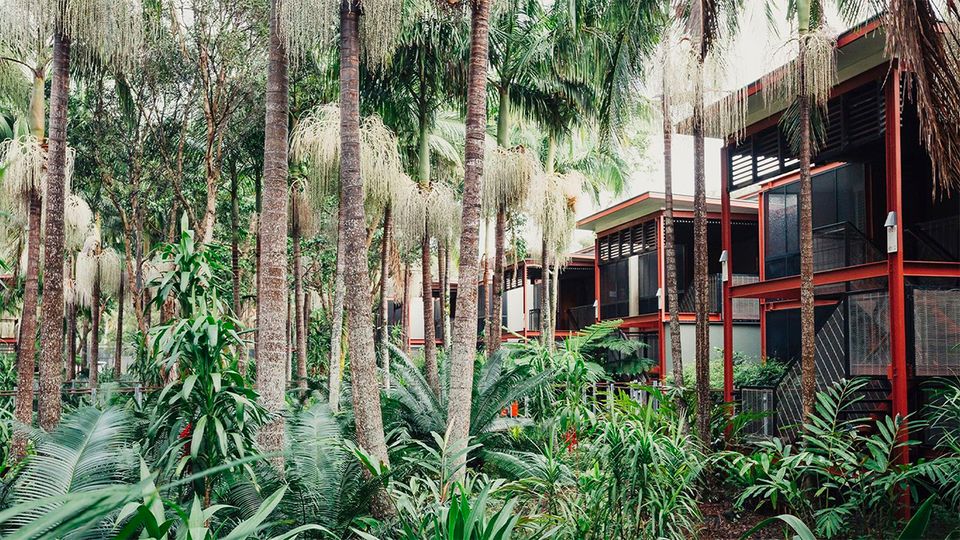
Shopping and eating local
As tempting as it can be to purchase based on price, opting for locally made souvenirs is the better choice. By doing so, you’re helping to safeguard the livelihoods of vendors, producers, and craftspeople. Besides, local markets are always more interesting to explore.
The same can be said for eating local – sidestepping big chains. Smaller, family-owned venues often showcase authentic flavours, and just a little research is all that’s needed to find them.
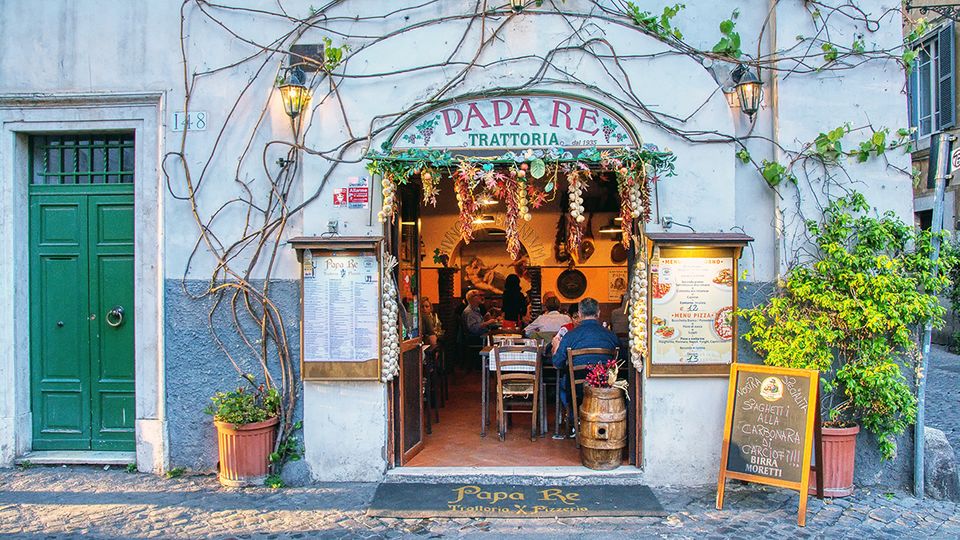
Ready to take the next step? Find out more about Green Tier and start travelling more sustainably today.